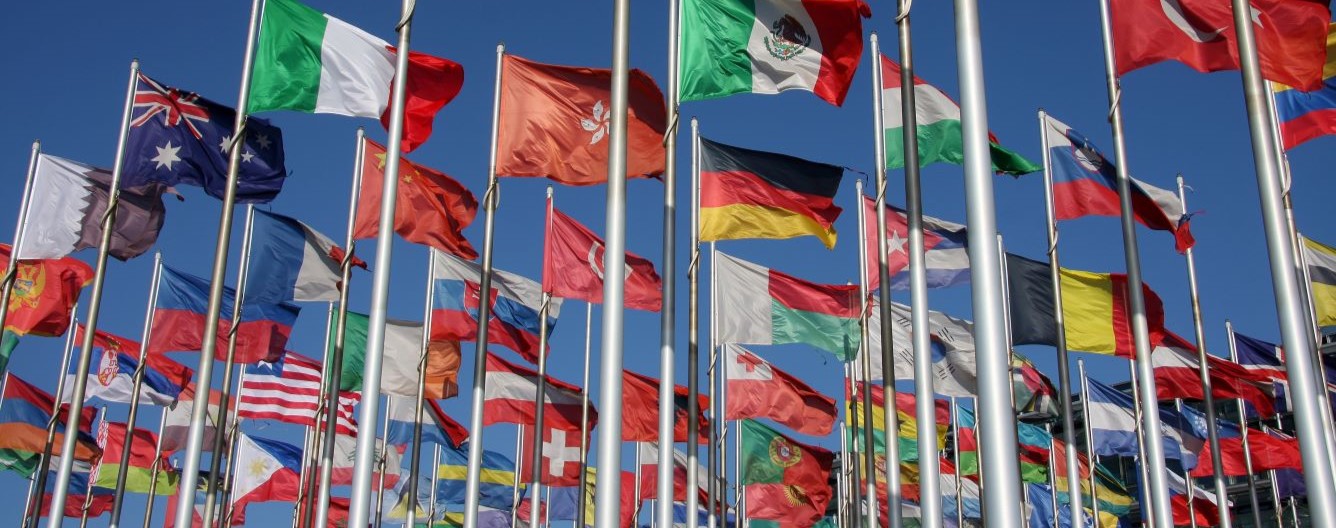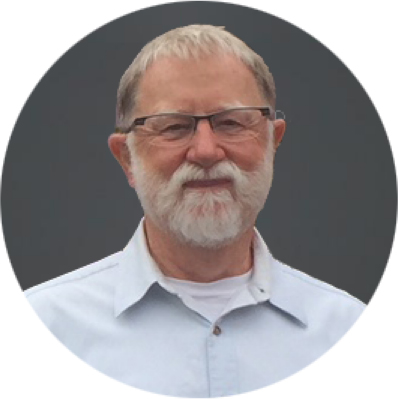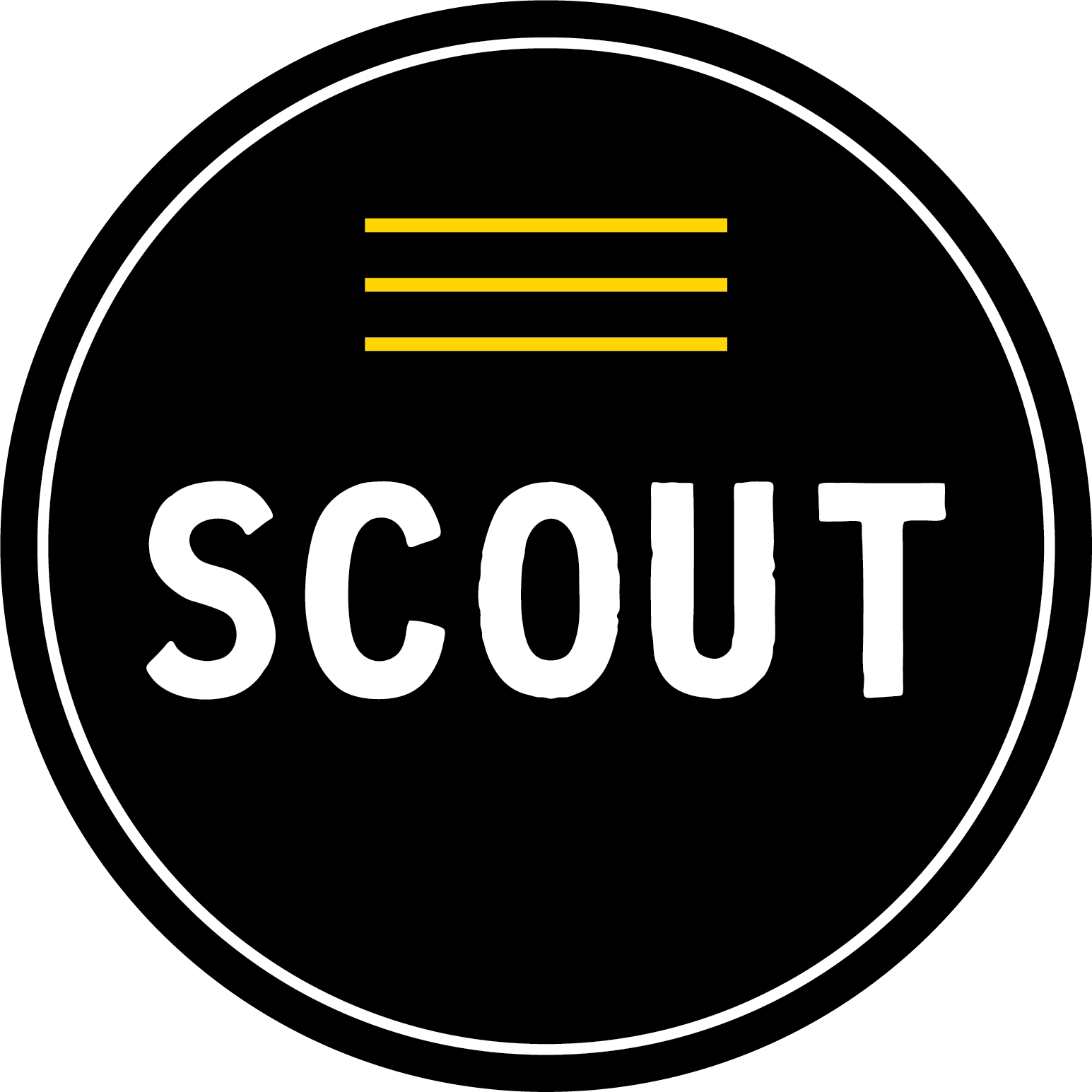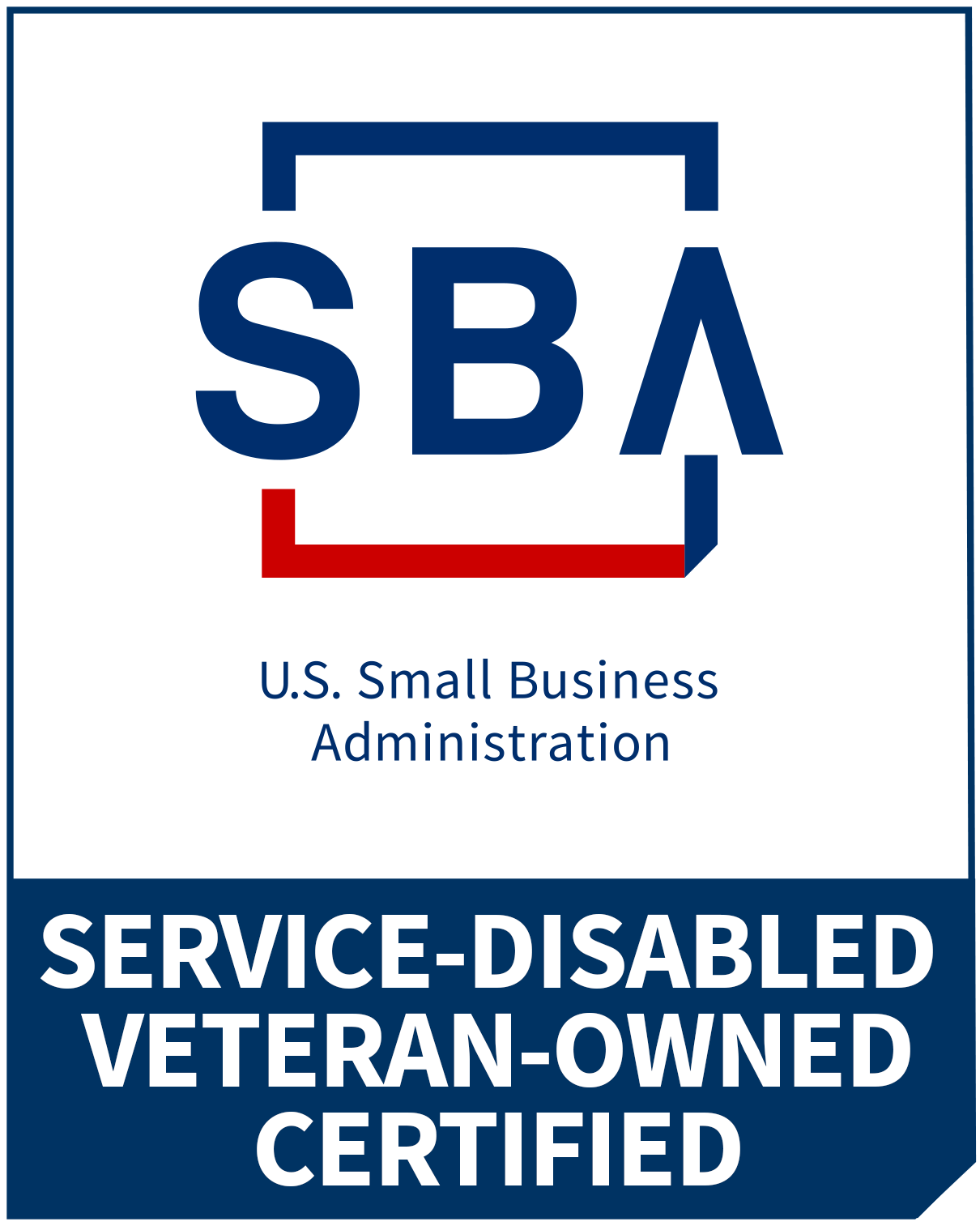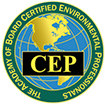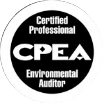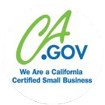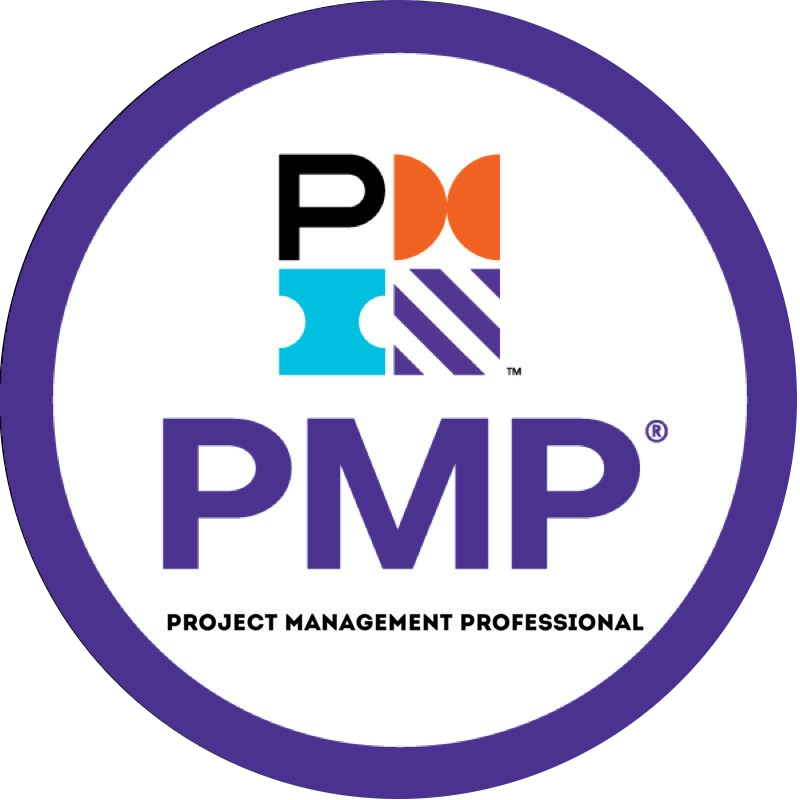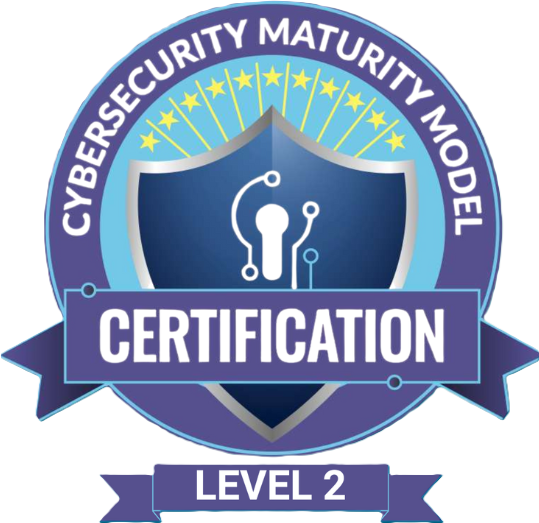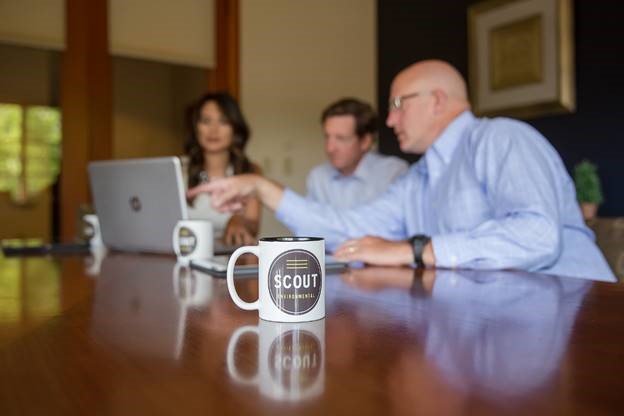Last month, Scout Environmental attended the 39th Annual Conference of the International Association for Impact Assessment (IAIA) in Brisbane, Australia. Founded in 1980, IAIA has become the leading global network on best practices in the use of impact assessment for informed decision-making regarding policies, programs, plans and projects. IAIA’s current membership numbers more than 1,700 from approximately 120 countries.
IAIA’s annual international conferences bring together researchers, practitioners, and users of various types of impact assessments from all parts of the world. Primarily, IAIA focuses on three types of impact assessments: Environmental Impact Assessments, Socioeconomic Impact Assessments, and Health Impact Assessments.
This year’s conference was attended by approximately 950 participants from 110 countries. The theme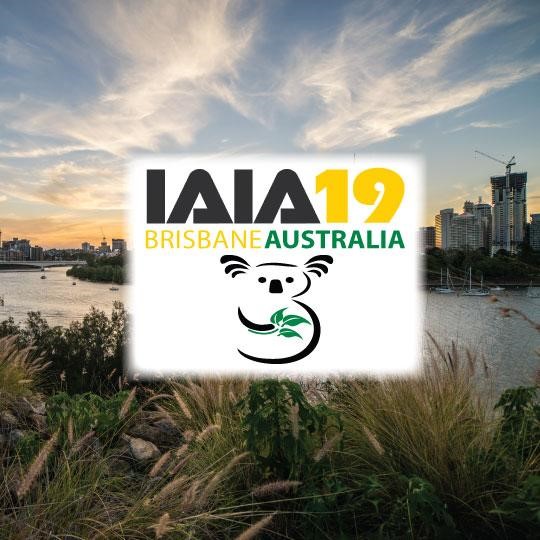
“Evolution” can be seen as the gradual development of organizations, practice, and systems from simple to more complex forms. By contrast, “revolution” represents dramatic and wide-ranging shifts to entirely new paradigms.
Essentially, IAIA as an organization was challenging itself to look at its own history to determine if what it has done in the past is adequate to meet the needs of the future. The introduction of environmental impact assessment was, in its day, a revolutionary means to ensure consideration of environmental factors in decision-making. Some 50 years later, environmental impact assessment has evolved to include strategic environmental assessment, sustainability assessment, economic impact assessment, social impact assessment, health impact assessment, and cumulative impact assessment.
So, the conference theme was deliberately provocative, inviting delegates to consider Impact Assessment from different viewpoints. It called for reflection on the imperatives for change if Impact Assessment is to be part of another half-century of good environmental management. Will it be enough for Impact Assessment to continue to evolve? Is there a better way to ensure that impact- assessable matters are taken into account in project and policy decision-making? If revolutionary change is needed, what might it look like?
The topics discussed included:
- Agriculture, forestry and fisheries
- Earth resources extraction and processing
- Linear infrastructure
- Biodiversity and ecology
- Arctic and Antarctic continents
- Cultural heritage
- Protected areas
- Natural disasters and conflict
- Corporate stewardship and risk management
- Regulation and governance
- Community engagement
- Indigenous peoples
- Strategic impact assessment
- Social impact assessment
- Health impact assessment
- Cumulative affects assessment
- Impact assessment, ‘big’ data, and synthesis
- Drone technologies and remotely-sensed data
- Capacity-building in impact assessment
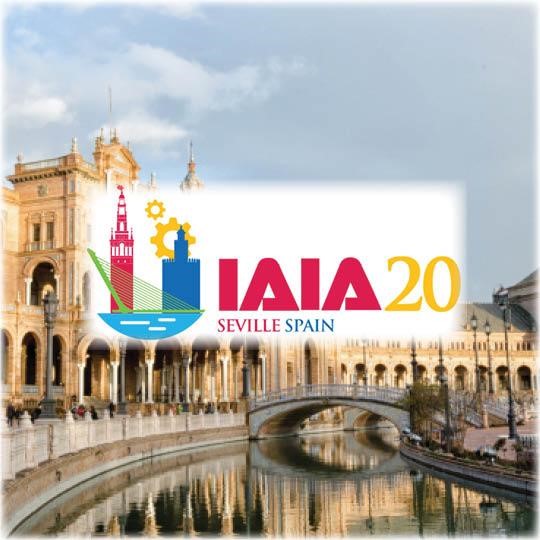
The theme for that conference will be: “SMARTENING IMPACT ASSESSMENT: SCIENCE, TECHNOLOGY, AND GOVERNANCE ADVANCEMENTS TOWARD EFFICIENCY AND EFFECTIVENESS.”
Against the backdrop of digital and technological progress, the 2020 conference aims to explore related scientific, technological, and governance developments to reflect on whether the impact assessment community is getting any smarter at bridging the science and art of impact assessment. Some of the questions that will be asked are:
- Are we communicating scientific information appropriately across the various governance tiers and to all relevant players?
- Do we understand what the “right” information is for decision-makers and, indeed, how are data and methodological innovation influencing decisions?
- Is this leading to a new era of impact assessment and thinking, or do we remain in the status quo?
These and other contemporary questions will help address how we can make best use of scientific innovation to manage current practical challenges.
Scout Environmental plans to attend next year’s conference. We feel strongly that tapping into the development of impact assessment internationally helps us bring the latest, most innovative ideas/strategies to our clients.
Scout Environmental was represented at the conference by one of its Senior Advisors, Paul Sage. Mr. Sage is a 20-year member of IAIA and a member of IAIA’s section which is focused on understanding the impacts of Climate Change. If you have any questions regarding this article feel free to contact Mr. Sage at Paul.Sage@scoutenv.com.

